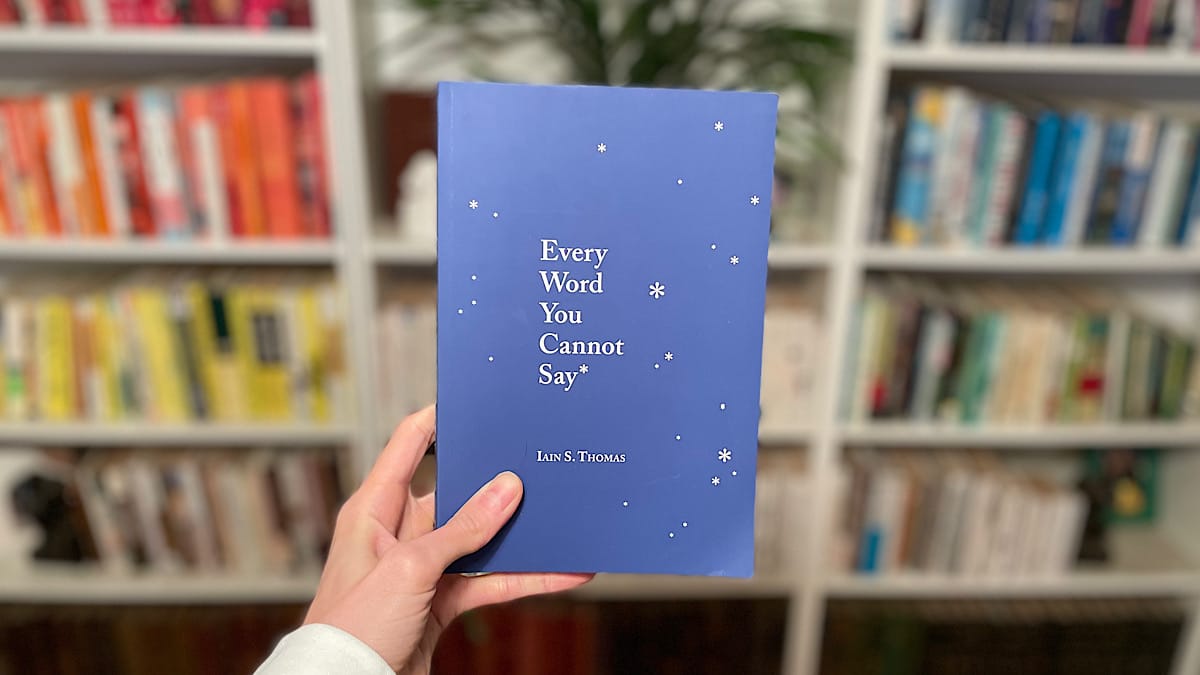Excerpt: My best friend is excellent at communication. He’s good at signaling and receiving. Most are bad at both. Some are good at one. Here’s what I have learned from him as of late.
Introduction: Communication Is A Two-Way Street
In order to improve the communication in any relationship—be it between children/ parents, friends, spouses, or coworkers—each of the individuals have to improve their ability to communicate. It can’t be a way-one effort. Just like, in order for communication between devices to work there needs to be a proper signal and a proper receiver.
The signal can be sent as strongly, precisely, and clearly as is possible, without a proper receiver, the signal simply won’t be caught. When someone says they feel like they’re talking to a wall—this is what they feel—their signal isn’t being received! And if that’s the case, then it doesn’t matter how charismatic, organized, and clear headed you are with your thoughts—they’ll simply bounce back when the other person doesn’t have a good receiver.
The same is true for you, too. It doesn’t matter how great you think you are at signaling and receiving—what matters is how good you actually are. Do you speak to hear yourself talk or do you speak to be heard? Do you think about your responses while listening or do you listen to understand? Do you think before you speak or speak before you think?
NEW In The Shop: Don’t Let The Tame Ones Tell You How To Live [Poster]
Why We ♥ It: Some of the best advice I (Matt here) ever got was: don’t take life advice from people who aren’t living a life you want to live and don’t take criticism from people you wouldn’t go to for advice. I created this poster to act as a reminder to listen more closely to our role models and less closely to our critics, trolls, and tamed-comfort-zone-hugger acquaintances. It’s also a perfect gift for the outdoor adventurer, travel enthusiast, or solo explorer (or soon to be). Available in print or digital download. 👇🏼
...Want to advertise your book, product, or service? Send inquiries to matt@movemequotes.com.
Enter Ghandi—One Of My Best Friends
Ghandi is loved by many. I suspect that it’s because he is excellent at both signaling and receiving. Which is notable because many people aren’t good at either and only some are excellent at one—but it’s rare to find someone who is excellent at both.
In my estimation, if people are really good at signaling, it usually means they are charismatic, confident, and extroverted. But many times, those are the exact characteristics that might prevent them from being good at receiving. For example, you might notice a confident, charismatic person being more interested in their responses than listening to what the other person is saying.
And the same is true the other way around. People who are really good at receiving, might seem to be more quiet, reserved, and introverted. And those characteristics might prevent them from being good at signaling. If, for no other reason than they are quiet and don’t say or communicate anything at all! They tend to hold thoughts and ideas inside.
It’s important to point out that this isn’t something that’s predetermined. It’s something that is easily practiced and can certainly be improved upon. It certainly has been the case with Ghandi. He has only gotten remarkably better with both signaling and receiving the longer I have known him. And as of late, it has become increasing evident to me. Here’s what I have noticed in particular:
3 Ideas For Improving Communication:
1) No subject line required. We spend most of our time together working. That can be the death of some friendships. But, for us, it enhances it. And one of the main reasons it has is because of the open space for communication that he works hard to create.
His door is always open. He always asks you to sit down. And he expresses a genuine curiosity in what’s going on with you. He doesn’t try to force the conversation right to business. You can walk into his office and just talk—no subject required. We can sync up with each other’s energies and help the other out in whatever ways are needed—based on what’s happening in their outside lives. From there, we get to work appropriately and perform.
2) He keeps conversation starters handy. He always has coffee, tea, espresso, and/or snacks ready—without fail. And sometimes, just going into an office to chat without a “subject line” or purpose can be awkward. Having various foods and drinks available gives people an easier opening to chat and leads to more comfortably conversations in general. This is why whenever you think to meet up with someone, it’s usually centered around food or drinks.
3) Say what you think, express how you feel, but don’t forget about the other person. First off, being able to say what you think and feel is key to communication—and he’s excellent at that. He doesn’t bottle things up or hold resentments towards people and their actions. He isn’t scared to open up to hard conversations and will walk right up to you to do it.
But secondly, and even more importantly, he keeps the other person in mind. There’s a difference between just saying everything you think, and thinking about how you want the other person to feel/ react and then saying what you think. There’s a difference between saying how you feel and saying how you feel with the other person’s feelings in mind. He’s doesn’t blindly vent, yell, or shout—he’s empathetic to his feelings and the other person. This not only yields better outcomes, but it keeps the long-term health of the relationship in mind.
As you reflect on the relationships in your life, think about how you would grade each individual’s signaling and receiving capabilities. And then grade your own. Work to improve the grade of yours and pay attention to the grade and direction of the others.
Communication is only improved as each individual continues to improve their capabilities. Remember, even if your capabilities are up to 100%, if the other person’s are only at 50%, then 50% is the result—of what’s heard and what’s sent back. If they’re trying to improve and heading in a good direction—take note of that. If they’re not, take note of that, too. Ghandi’s strategies can certainly help. But, nobody can force communication without the other person’s contribution.
Read Next:
NEW In The Shop: Don’t Let The Tame Ones Tell You How To Live [Poster]
Why We ♥ It: Some of the best advice I (Matt here) ever got was: don’t take life advice from people who aren’t living a life you want to live and don’t take criticism from people you wouldn’t go to for advice. I created this poster to act as a reminder to listen more closely to our role models and less closely to our critics, trolls, and tamed-comfort-zone-hugger acquaintances. It’s also a perfect gift for the outdoor adventurer, travel enthusiast, or solo explorer (or soon to be). Available in print or digital download. 👇🏼
...Want to advertise your book, product, or service? Send inquiries to matt@movemequotes.com.

Written by Matt Hogan
Founder of MoveMe Quotes. On a mission to help busy people do inner work—for better mental health; for healing; for personal growth. Find me on Twitter / IG / Medium. I also share daily insights here. 🌱
It has taken me 1,000’s of hours to build this free library for you. If it has helped you, you can support my continued effort here. ☕️





![5 Reasons Why You Should Stop Selectively Listening to Children [Excerpt]](https://movemequotes.com/wp-content/uploads/2015/10/listening.jpeg)
